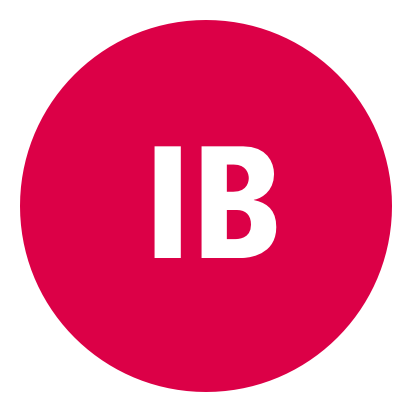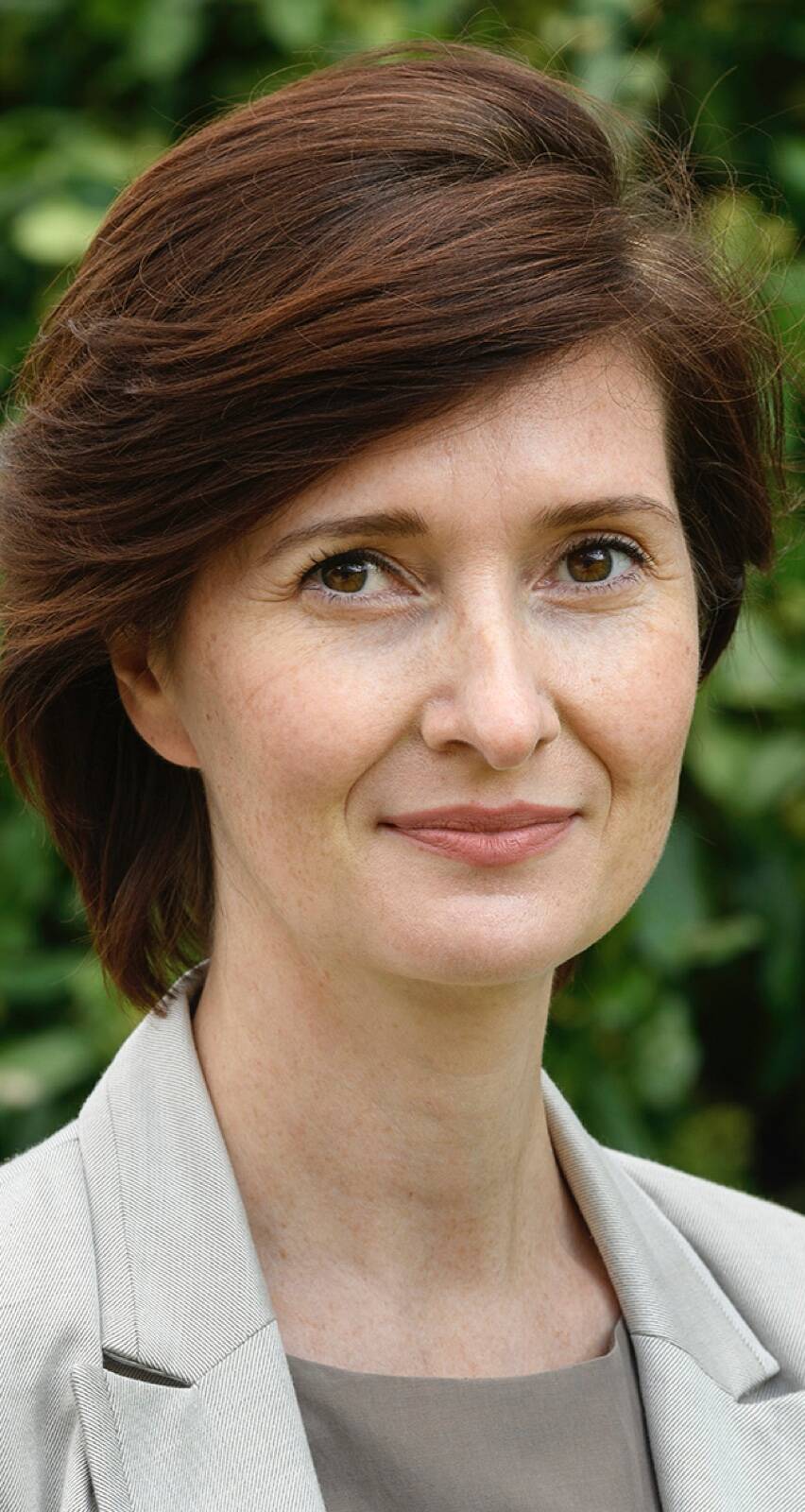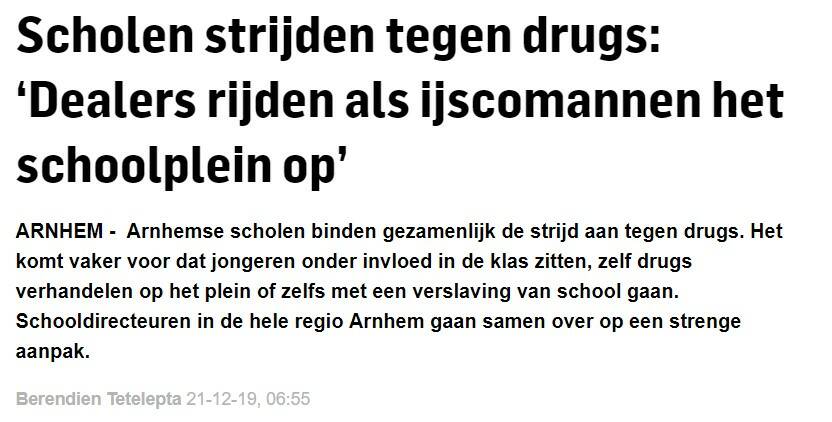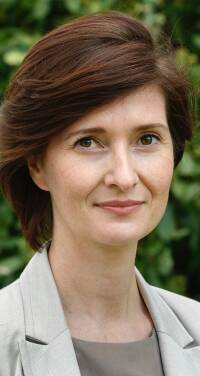LECTORAAT
MADE ON EARTH
Economies in Transition
International Business Research Agenda
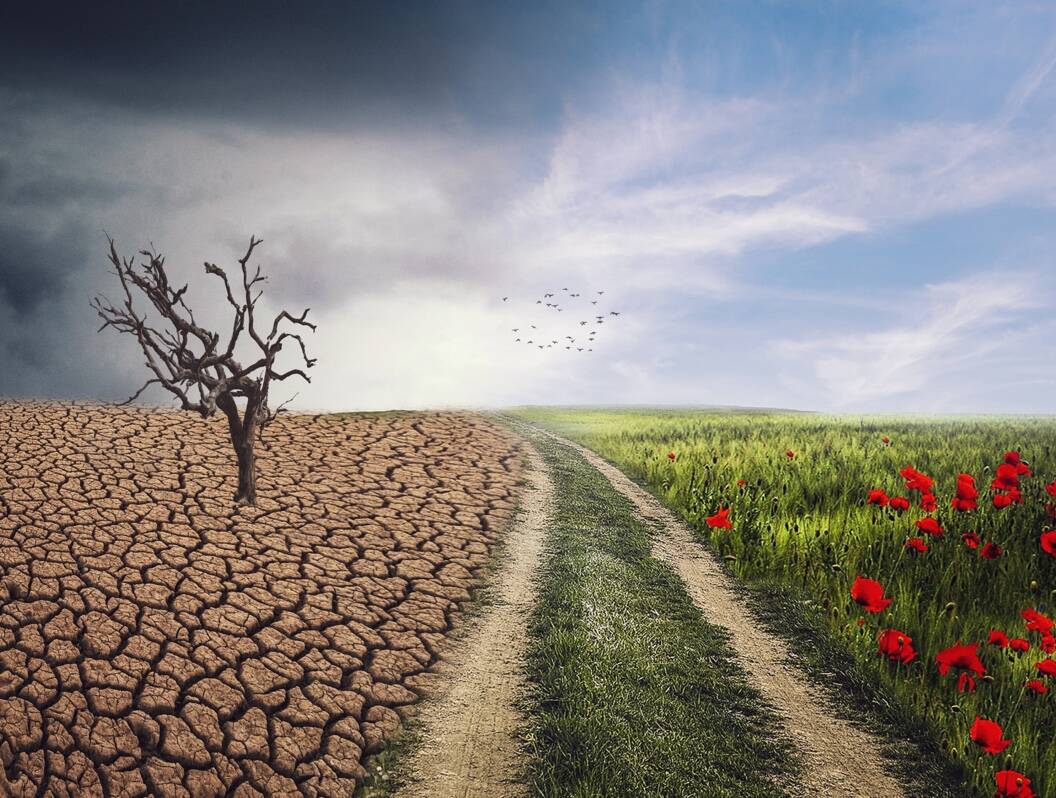
SCROLL OM MEER TE LEZEN
In 2020, the International Business Chair developed its research agenda.
The chair advances the professional field by providing practical insights to solve the challenges practitioners face in addressing global-local trade-offs, dealing with complex interdependences in global markets, contributing to profit/people/planet while promoting the transitions towards sustainable, restorative and regenerative practices.
In addition to the practical tools obtained from the applied research projects, the professorship stimulates the development of key professional skills: driving change in business and society, being creative in finding new solutions and becoming connectors of ideas, people and businesses.
International Business community
The professorship contributes to education by developing an International Business community where students and lecturers together with professionals and experts address the practical challenges of our times.
The mission of the professorship International Business is to contribute to our world (have impact) by supporting the transitions of Internationally Operating Businesses and their ecosystems, namely Global Value Chains, towards sustainable, restorative and regenerative practices.
The professorship promotes a re-thinking of our economic principles and calls for actions in proportion to the magnitude of the challenge that our times are facing. Business practice needs to move from sustainable (limiting harm), to restorative (actively restoring a healthy state), and regenerative (positively contributing to people and planet) approaches while sustaining profits.
The professorship accomplishes its mission by focusing on the key areas where these transitions occur, namely in the business configurations, in the value creation dynamics and in the orchestration of global-scale activities. The above key areas represent three main lines of research. Additionally, the professorship considers two key enablers facilitating these transitions, namely digitalization and intercultural negotiations.

PROJECT
ASEP, A European Project on Sustainable Development Goals.
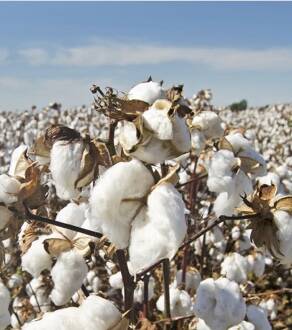
PROJECT
CIRCULAR COTTON CASCADE
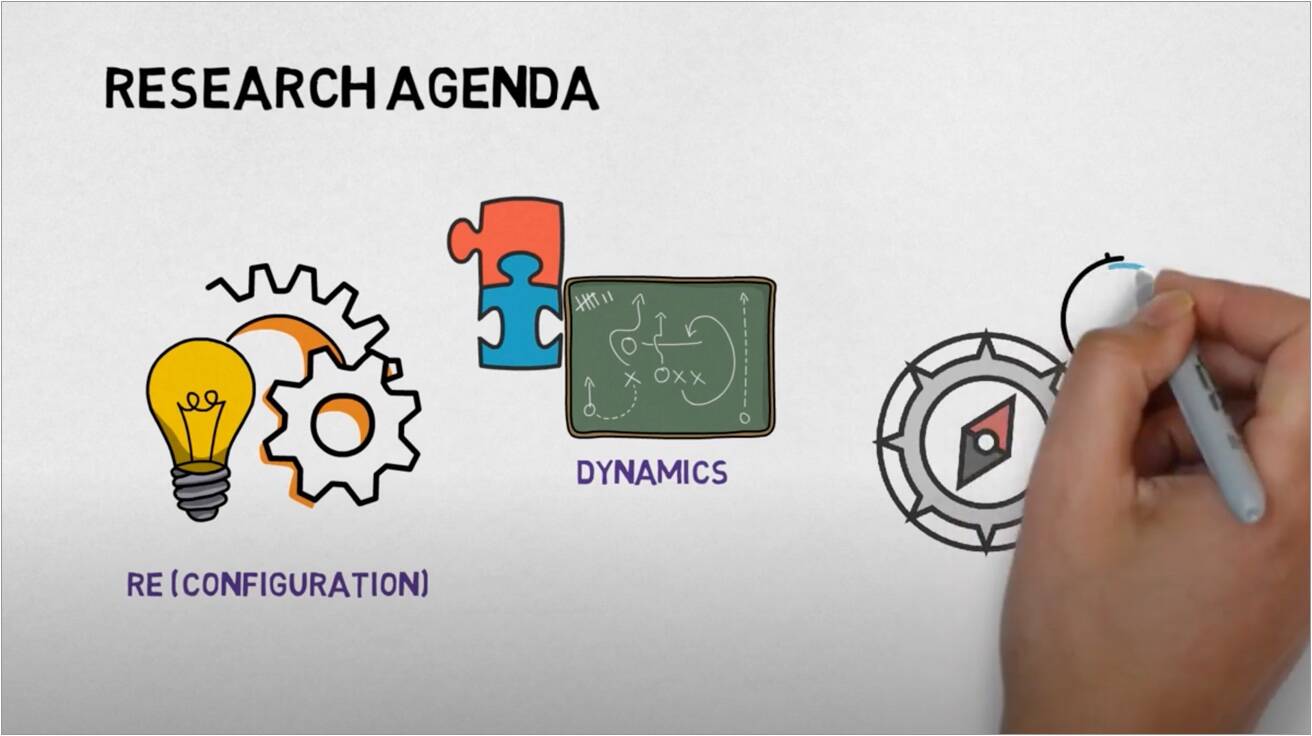

PROJECT
ASEP, A European Project on Sustainable Development Goals.
The project adopts a triple helix approach focusing on the achievements of SDGs with a network of partners in Norway, Finland, UK, The Netherlands, Belgium, Germany, Portugal, Spain, Italie, Lituania, Slovenia and Croatia.
Project Owner: Rob de With
The study assesses the SDGs achievements reached by SMEs and their strategic commitment to further improvements. The research also investigates the level of support at the national, institutional level to provide a clear overview of the ecosystem in which companies operate.
The study clarifies the contribution of education institutes to the creation of necessary competences that students need to become change agents; the study provides a tool to train students in becoming more responsible and aware of the Global Goals.
By identifying best practices, trends and gaps, the project paves the way to formulating advise for businesses, government and education institutes about how to advance the achievement of SDGs.
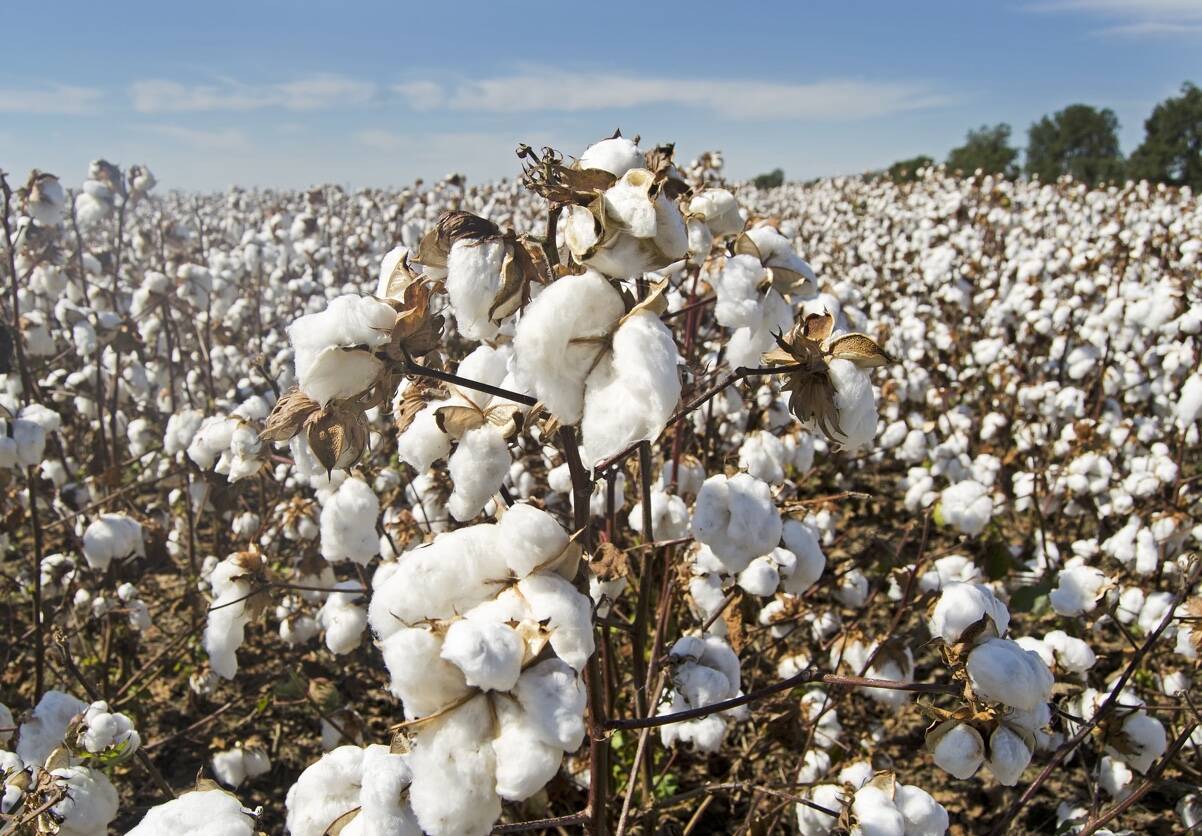
PROJECT
CIRCULAR COTTON CASCADE
Multiple value creation through collaborative business models in a regenerative economy
This project is a joint initiative between the International Business and Strategy and Innovation chairs; it develops a living lab involving 7 Dutch SMEs, 2 SMEs from India, 1 large Dutch company, 1 Entrepreneurship branch organization and 1 NGO. This project investigates the development and design of collective business models in a circular regenerative economy, specifically targeting a cotton cascade in the textile industry. The Netherlands wants to be a circular economy by 2050.
An economy without waste, where everything runs on reusable raw materials. Using raw materials more efficiently and intelligently is also important for the textile industry. The most used and known renewable vegetable raw material for the textile industry is cotton. The current non-circular cotton production and applications have a far-reaching negative impact on people and the environment. The duration of use of clothing is becoming shorter and shorter and discarded clothing is processed in a low-grade way to eventually be incinerated.
Both the economic and the sustainable improvement potential for circular textiles is therefore enormous. To achieve this, the entire system must work together in order to develop multiple value. Organizations are struggling with these challenges and are looking for new business models. The project adopts an interdisciplinary approach delivering a technical feasibility study of the cotton fiber as well as the development of collaborative business models.
Project owner: Karen Janssen
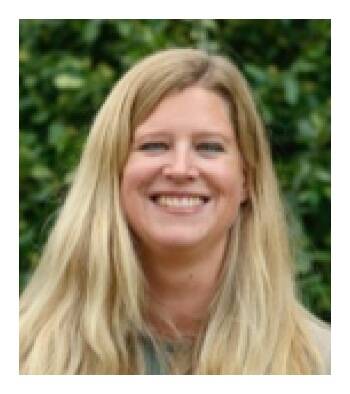
If the project application is granted, the project will start 1 March 2021.
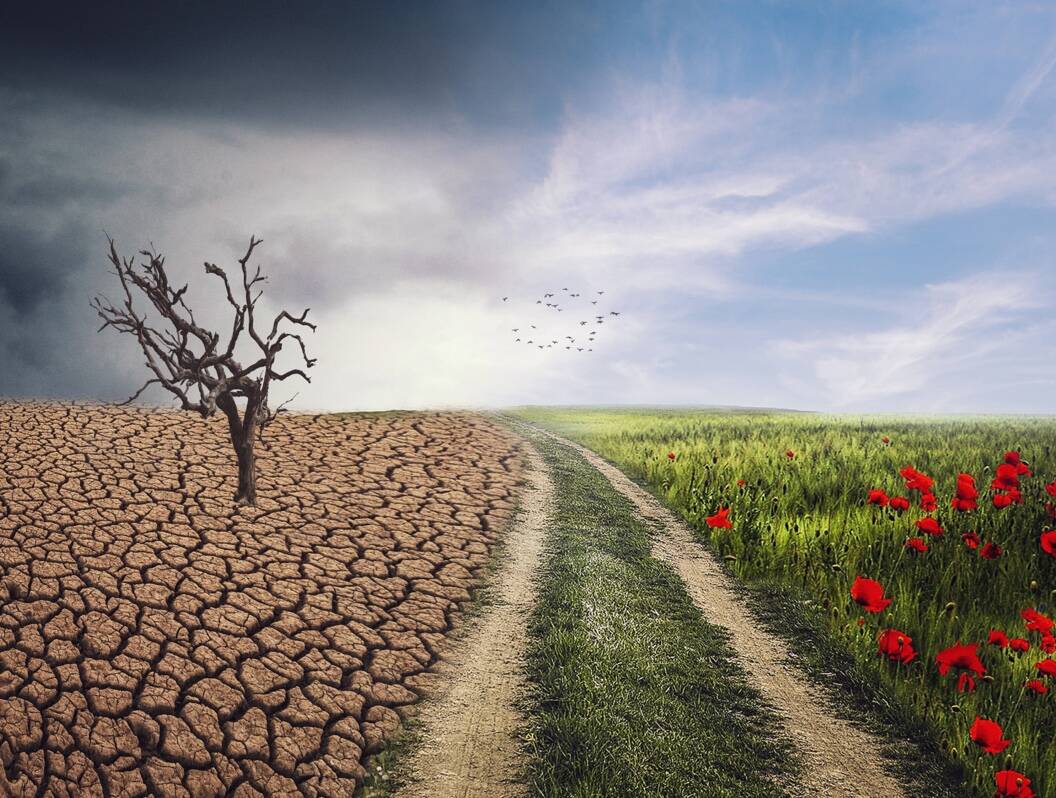
SCROLL OM MEER TE LEZEN
In 2020, the International Business Chair developed its research agenda.
The chair advances the professional field by providing practical insights to solve the challenges practitioners face in addressing global-local trade-offs, dealing with complex interdependences in global markets, contributing to profit/people/planet while promoting the transitions towards sustainable, restorative and regenerative practices.
In addition to the practical tools obtained from the applied research projects, the professorship stimulates the development of key professional skills: driving change in business and society, being creative in finding new solutions and becoming connectors of ideas, people and businesses.
The mission of the professorship International Business is to contribute to our world (have impact) by supporting the transitions of Internationally Operating Businesses and their ecosystems, namely Global Value Chains, towards sustainable, restorative and regenerative practices.
The professorship promotes a re-thinking of our economic principles and calls for actions in proportion to the magnitude of the challenge that our times are facing. Business practice needs to move from sustainable (limiting harm), to restorative (actively restoring a healthy state), and regenerative (positively contributing to people and planet) approaches while sustaining profits.
The professorship accomplishes its mission by focusing on the key areas where these transitions occur, namely in the business configurations, in the value creation dynamics and in the orchestration of global-scale activities. The above key areas represent three main lines of research. Additionally, the professorship considers two key enablers facilitating these transitions, namely digitalization and intercultural negotiations.
MADE ON EARTH
Economies in Transition
International Business Research Agenda
International Business community
The professorship contributes to education by developing an International Business community where students and lecturers together with professionals and experts address the practical challenges of our times.
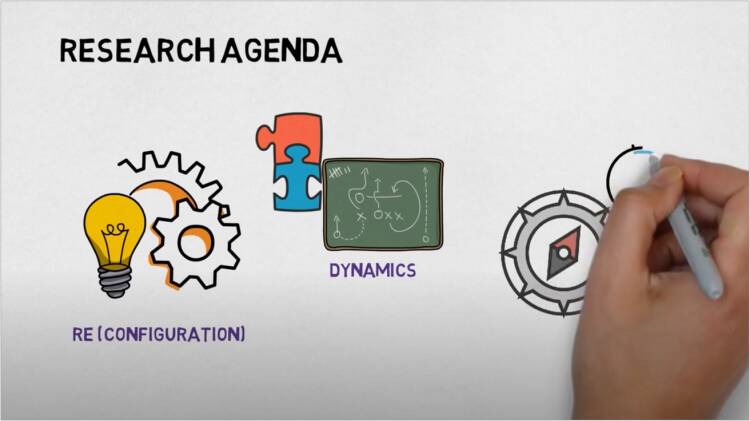
PROJECT
ASEP, A European Project on Sustainable Development Goals.
The project adopts a triple helix approach focusing on the achievements of SDGs with a network of partners in Norway, Finland, UK, The Netherlands, Belgium, Germany, Portugal, Spain, Italie, Lituania, Slovenia and Croatia.

The study assesses the SDGs achievements reached by SMEs and their strategic commitment to further improvements. The research also investigates the level of support at the national, institutional level to provide a clear overview of the ecosystem in which companies operate.
The study clarifies the contribution of education institutes to the creation of necessary competences that students need to become change agents; the study provides a tool to train students in becoming more responsible and aware of the Global Goals.
By identifying best practices, trends and gaps, the project paves the way to formulating advise for businesses, government and education institutes about how to advance the achievement of SDGs.
Project Owner: Rob de With
PROJECT
CIRCULAR COTTON CASCADE
Multiple value creation through collaborative business models in a regenerative economy
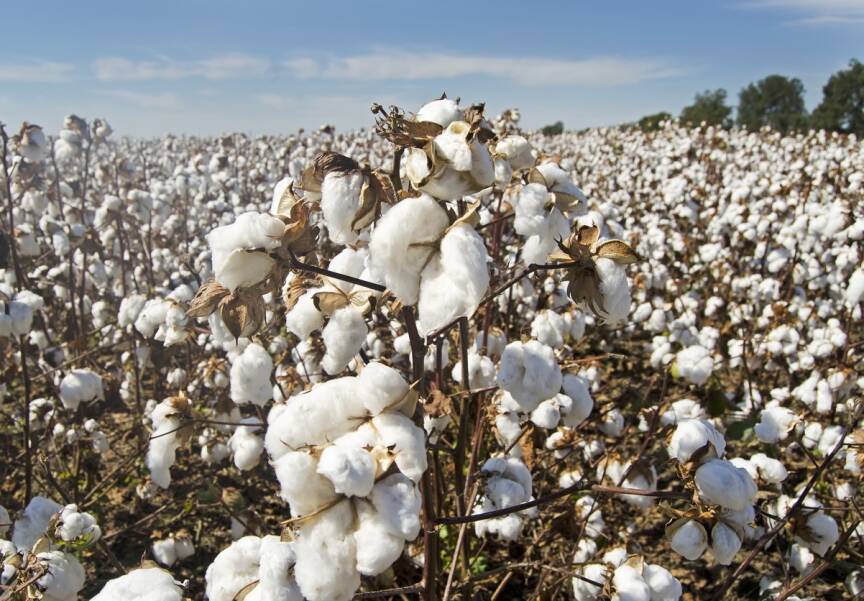
This project is a joint initiative between the International Business and Strategy and Innovation chairs; it develops a living lab involving 7 Dutch SMEs, 2 SMEs from India, 1 large Dutch company, 1 Entrepreneurship branch organization and 1 NGO. This project investigates the development and design of collective business models in a circular regenerative economy, specifically targeting a cotton cascade in the textile industry. The Netherlands wants to be a circular economy by 2050.
An economy without waste, where everything runs on reusable raw materials. Using raw materials more efficiently and intelligently is also important for the textile industry. The most used and known renewable vegetable raw material for the textile industry is cotton. The current non-circular cotton production and applications have a far-reaching negative impact on people and the environment. The duration of use of clothing is becoming shorter and shorter and discarded clothing is processed in a low-grade way to eventually be incinerated.
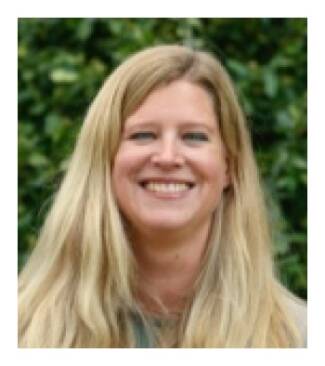
Project owner: Karen Janssen
Both the economic and the sustainable improvement potential for circular textiles is therefore enormous. To achieve this, the entire system must work together in order to develop multiple value. Organizations are struggling with these challenges and are looking for new business models. The project adopts an interdisciplinary approach delivering a technical feasibility study of the cotton fiber as well as the development of collaborative business models.
If the project application is granted, the project will start 1 March 2021.
